

















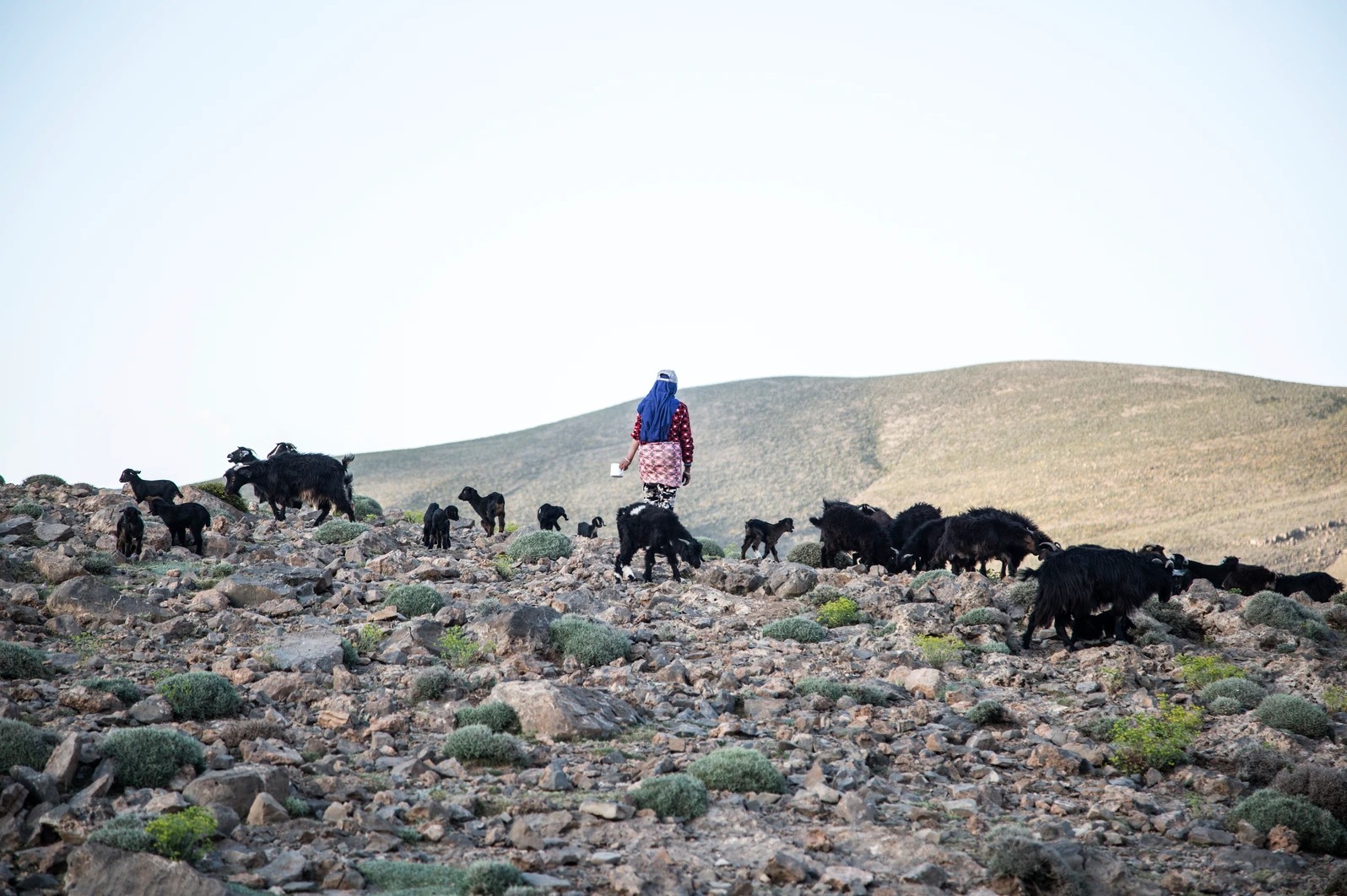

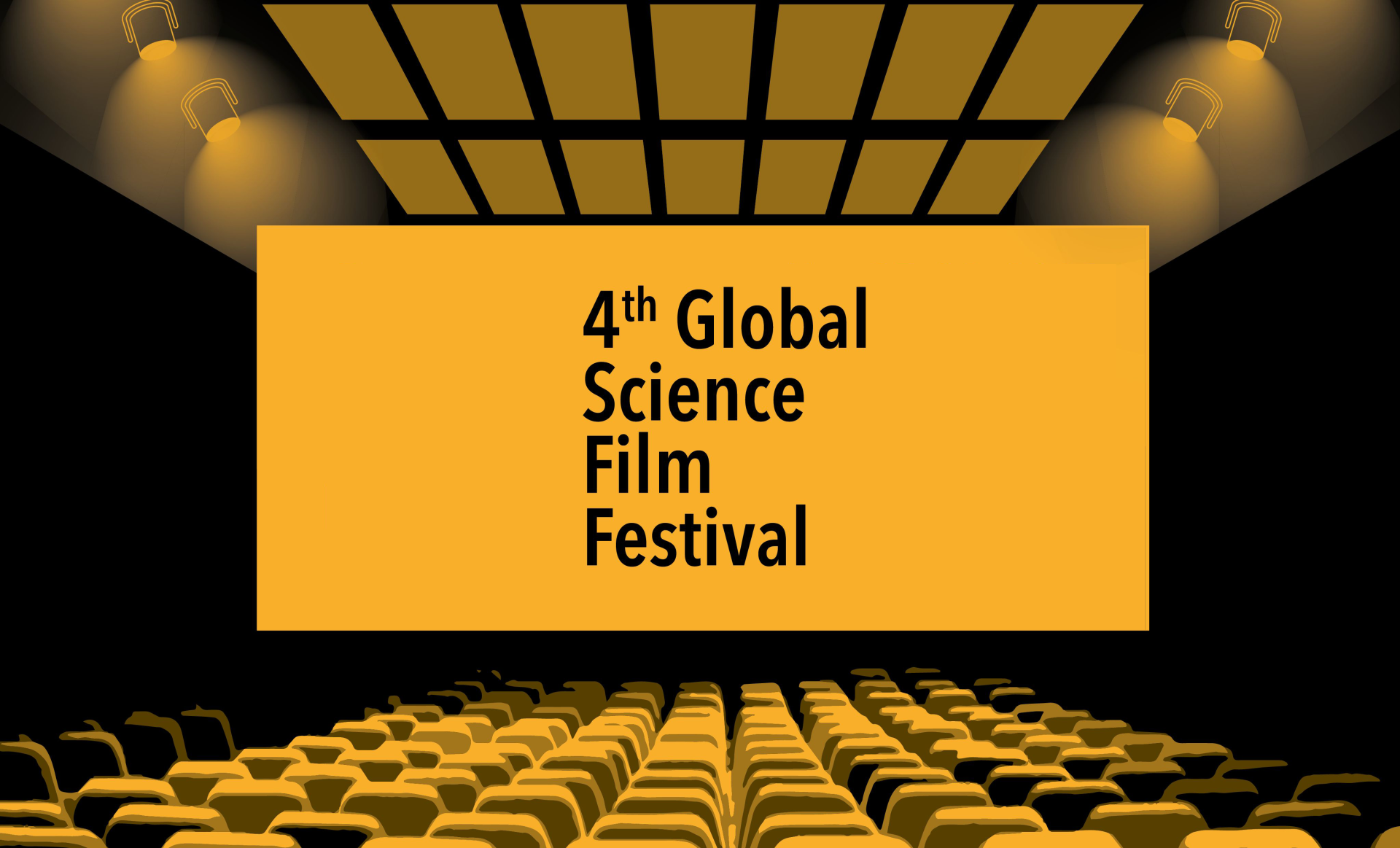
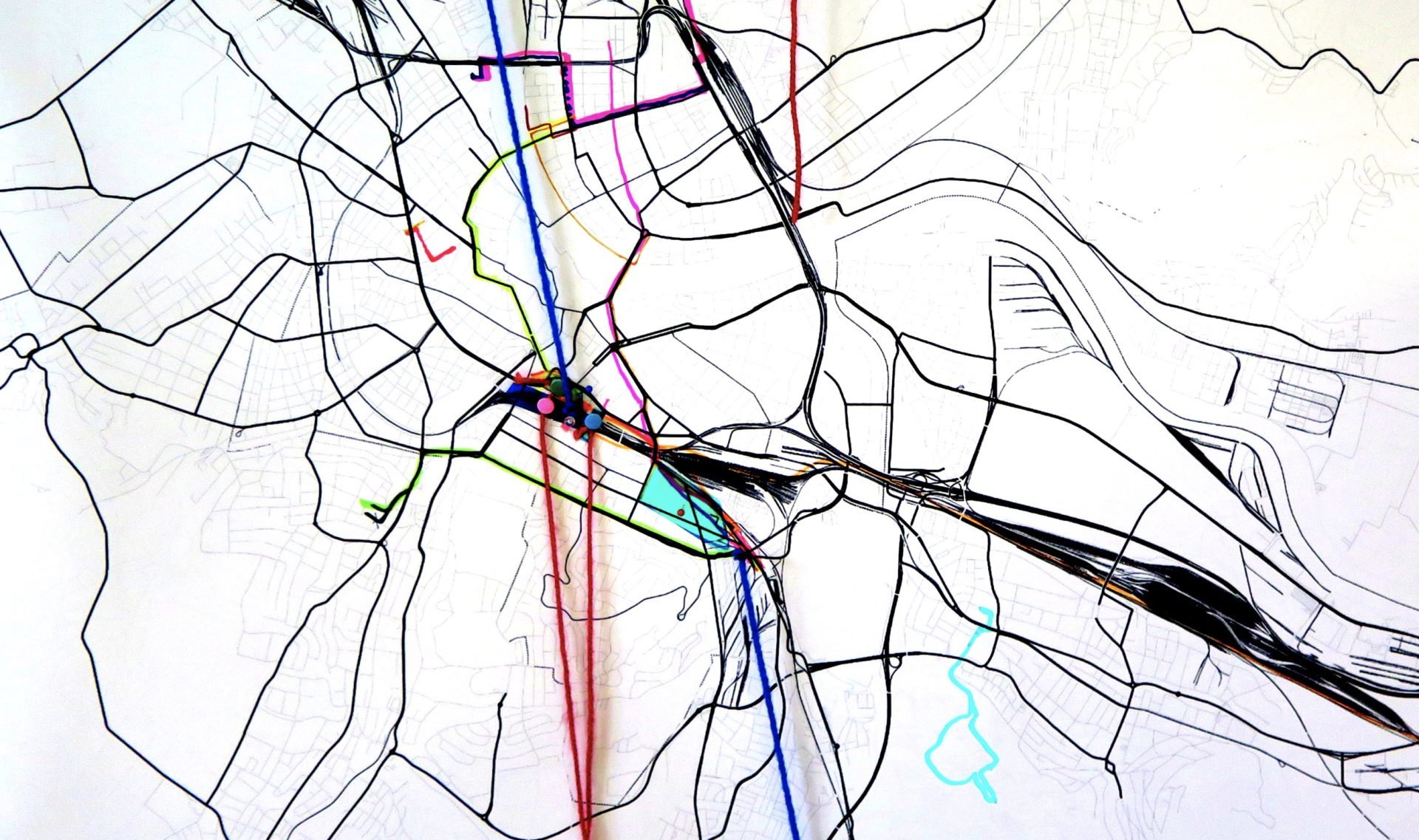

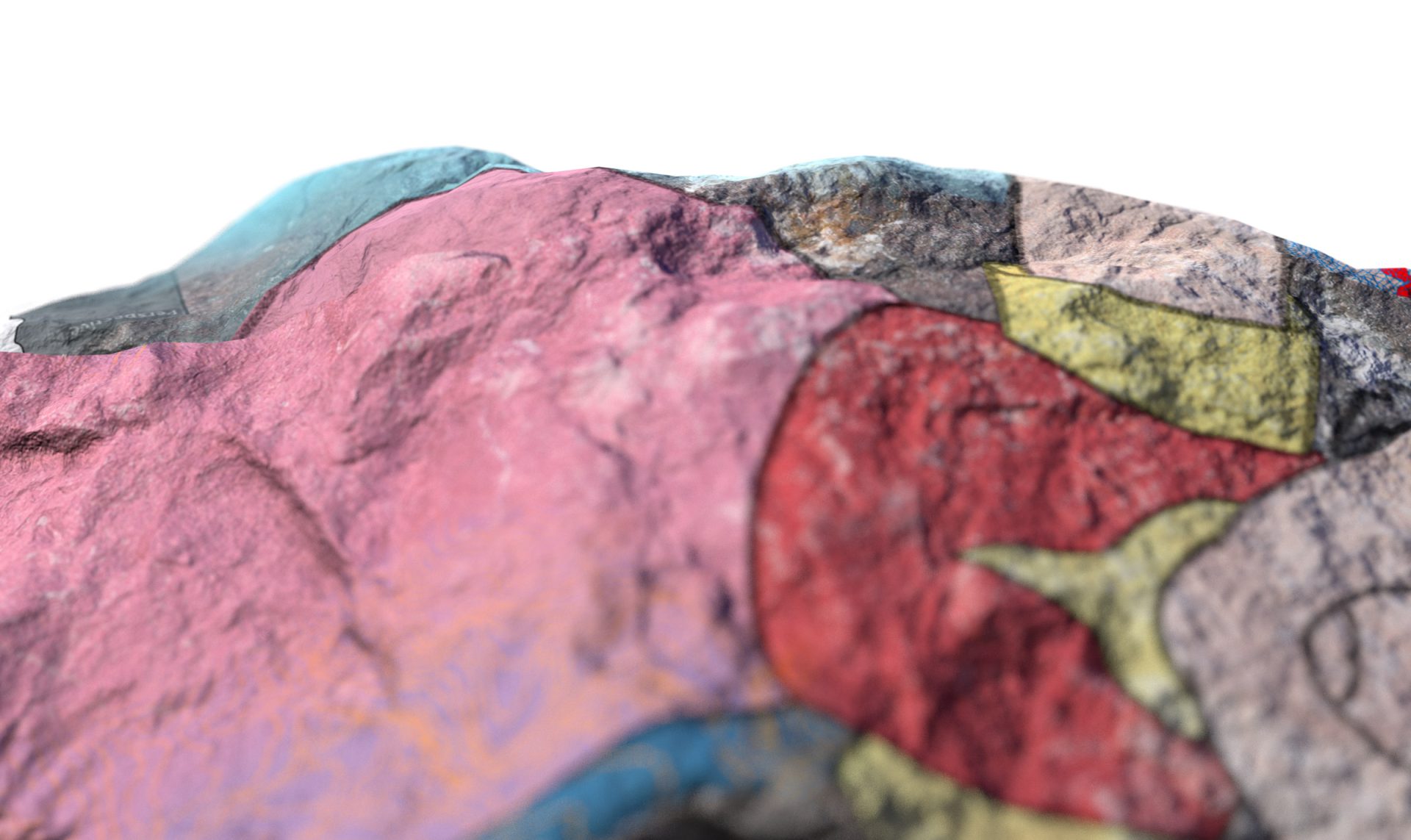

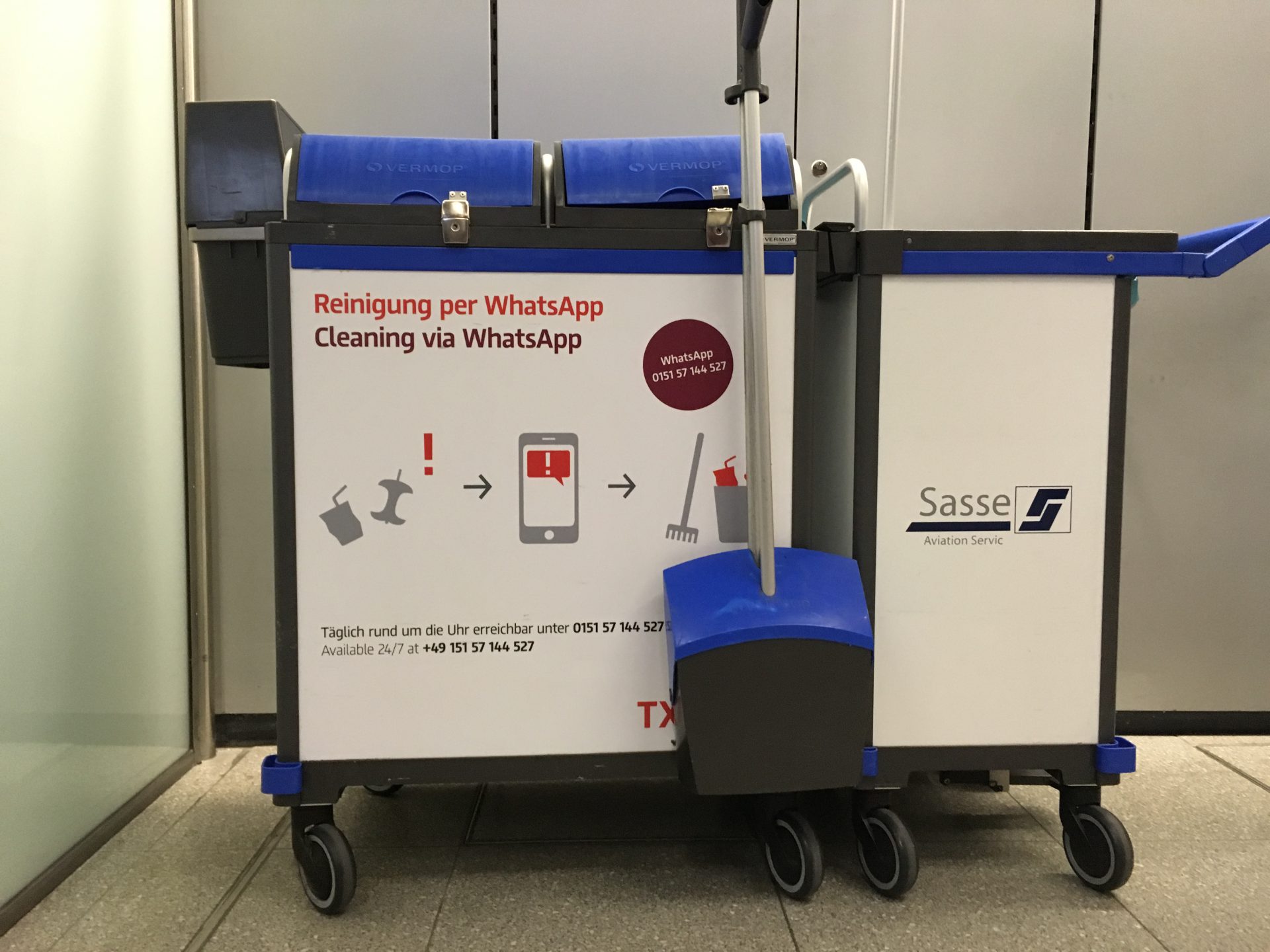
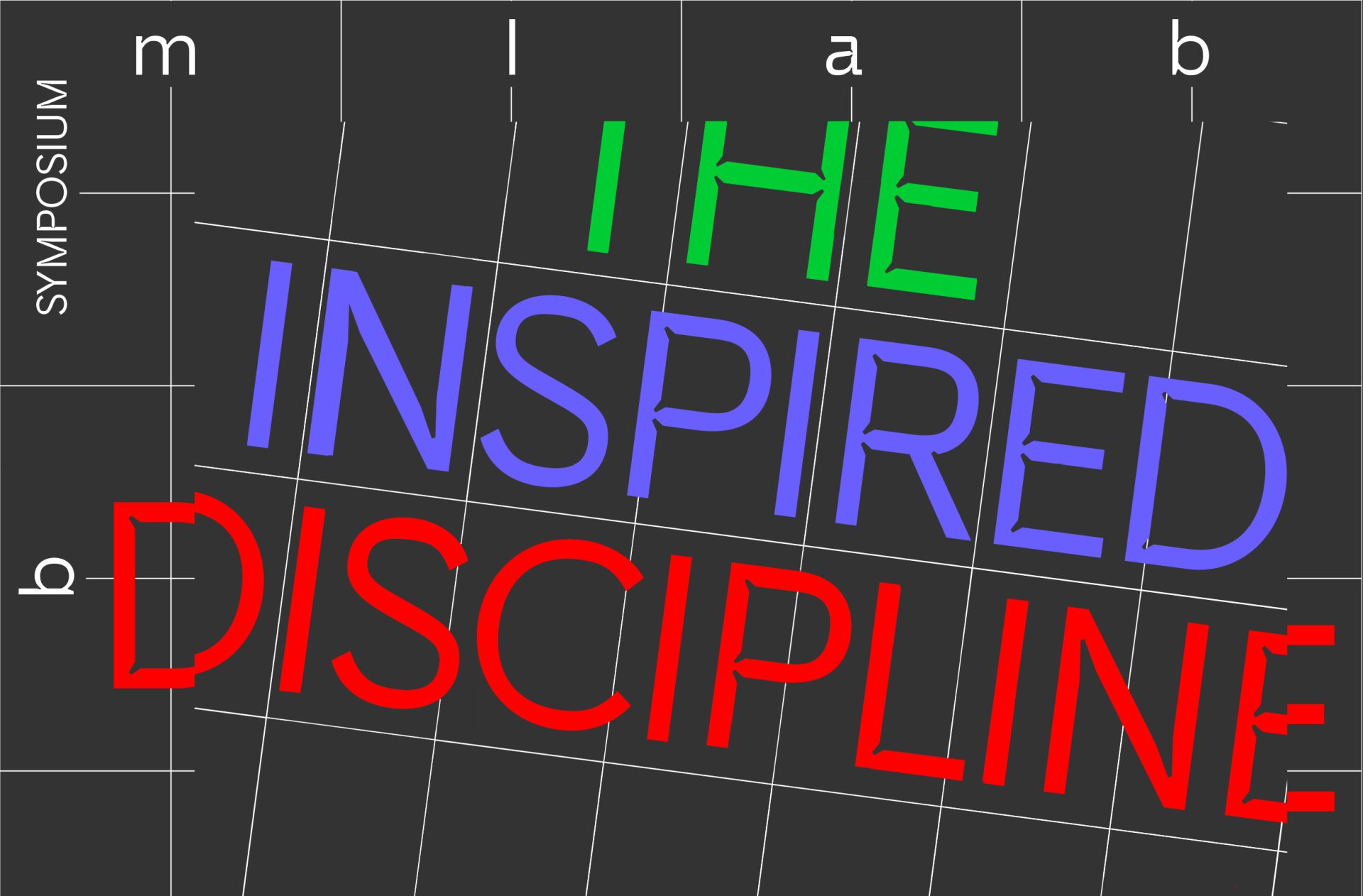
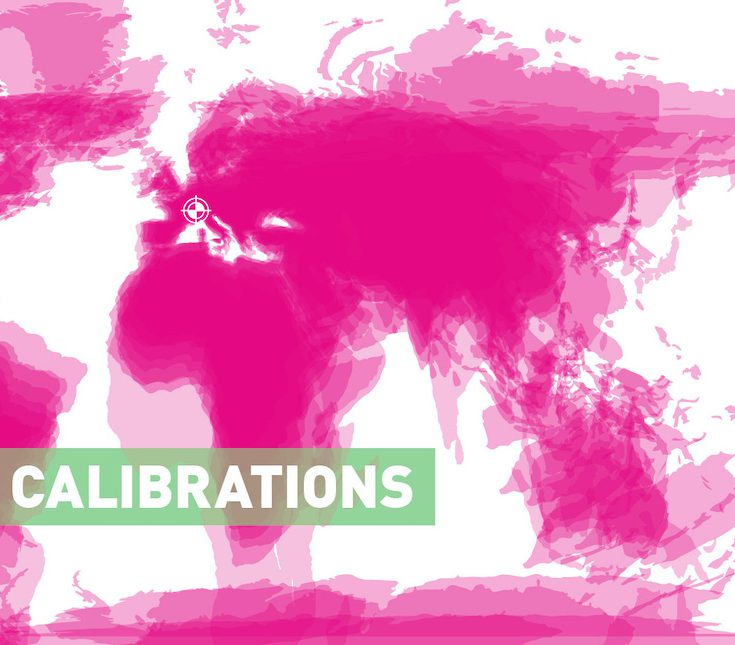
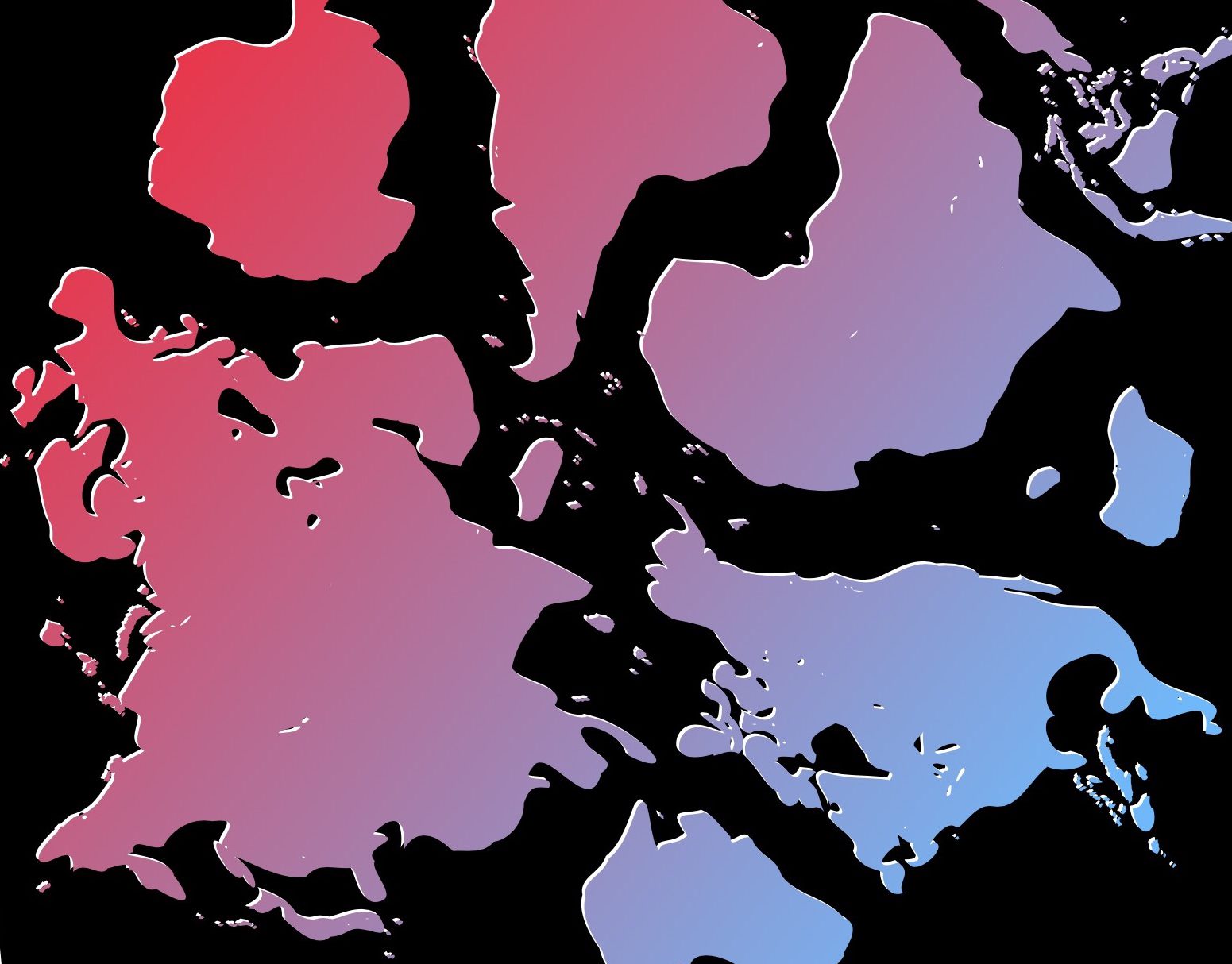
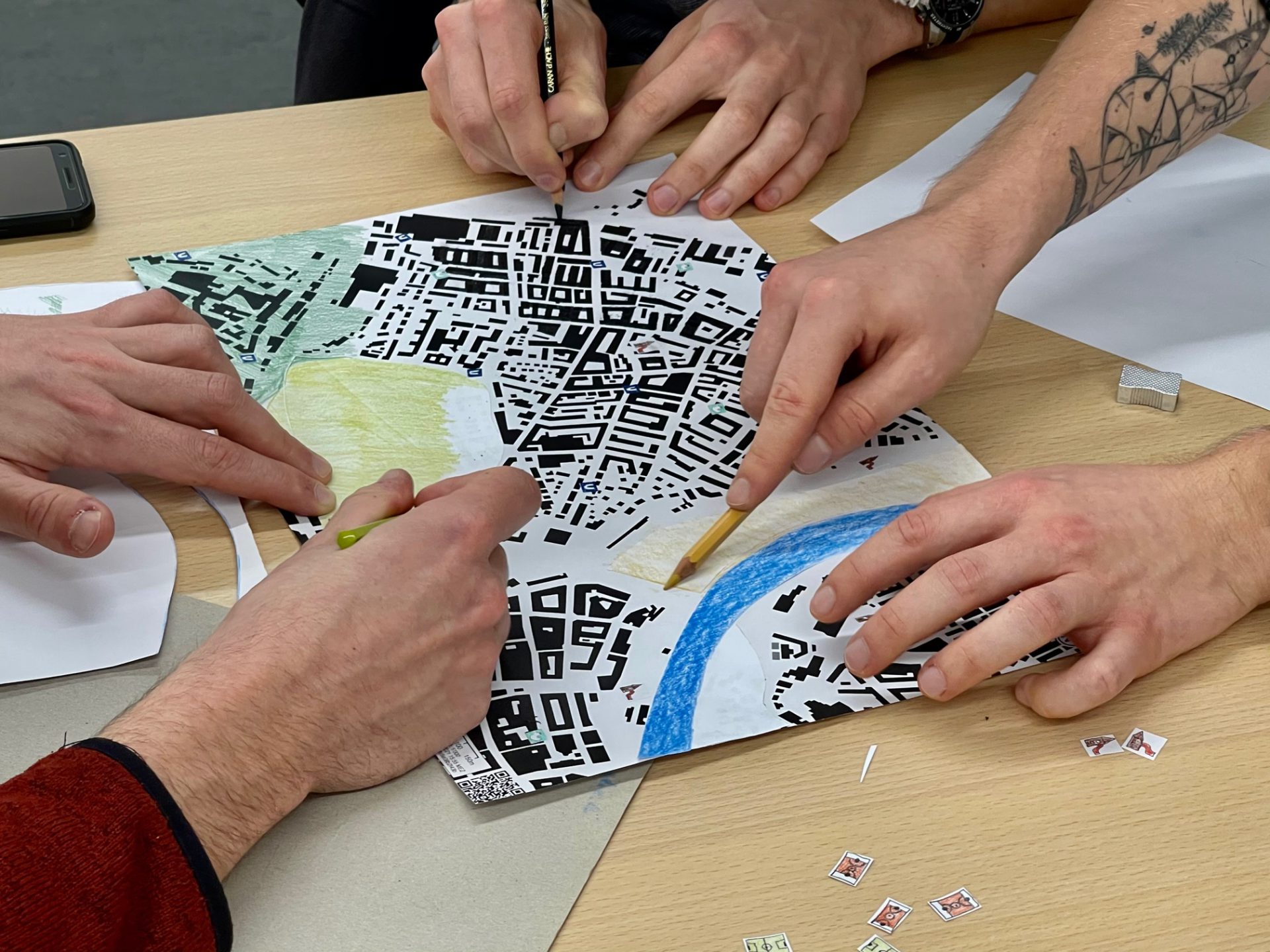

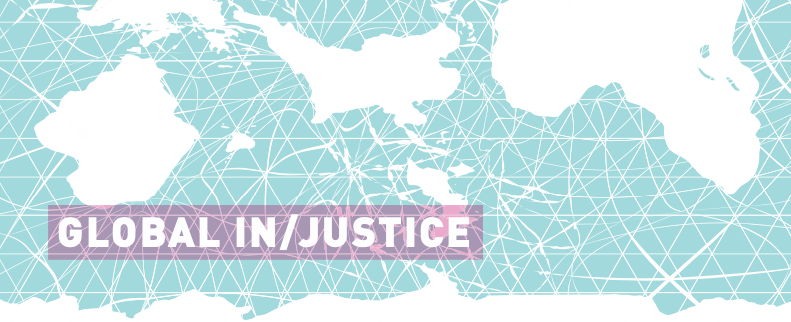
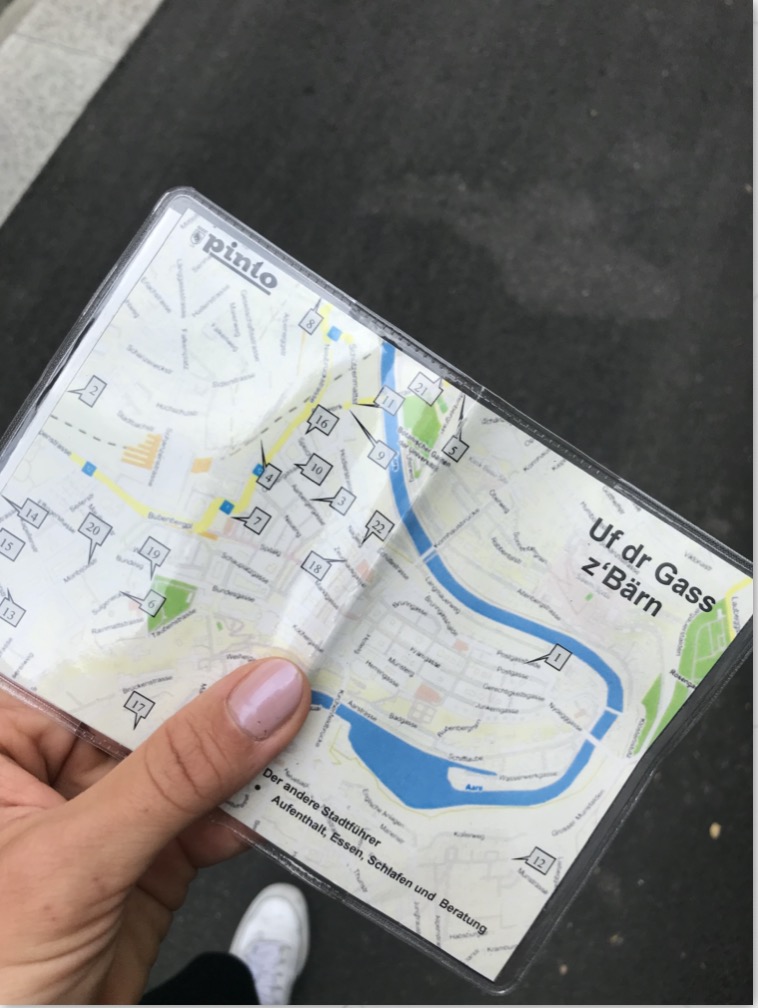
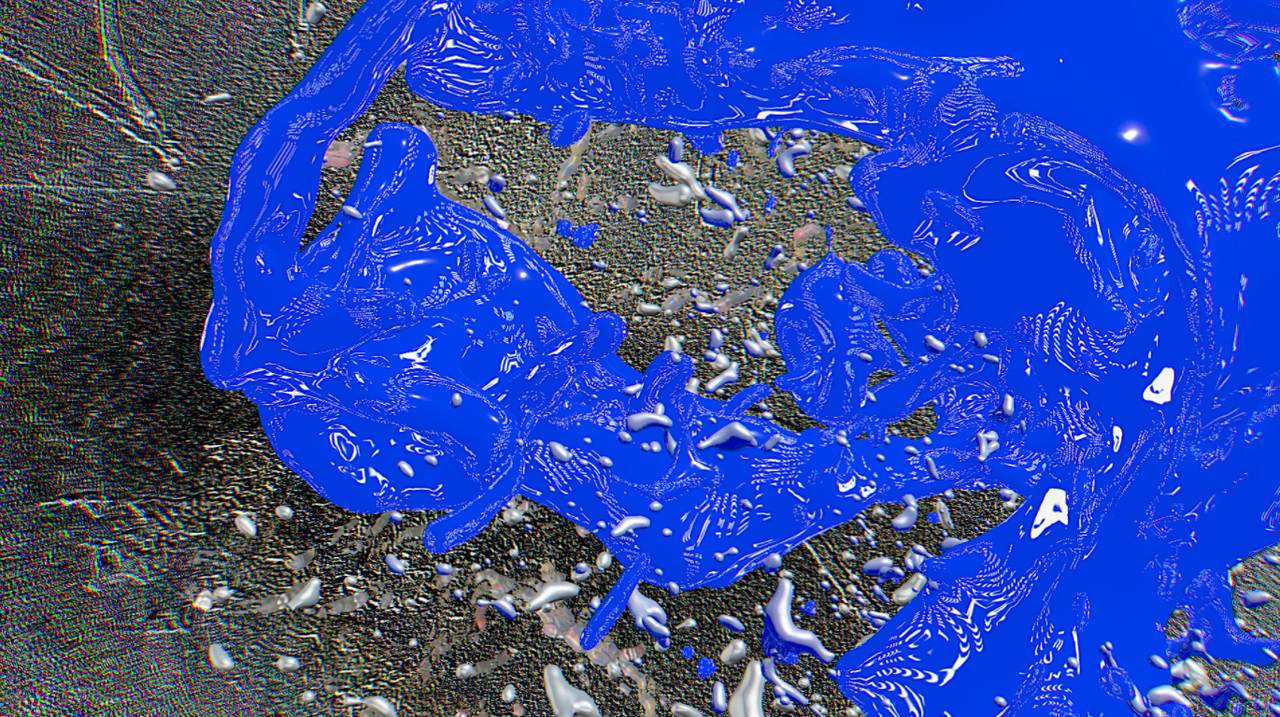


The overall aim of the proposed project is to understand how uneven access to reproductive technologies reflects the valuation of certain bodies and lives. Whose bodies are reproduced in the future depends on who has access to reproductive technologies, here understood as both low-tech and high-tech technologies affecting fertility and infertility, conception and contraception, pregnancy and pregnancy termination, and birth and infanticide. While in the past states governed fertility through health regimes, family planning programs, and eugenics, in the present, the stratified access to reproductive technologies has resulted in a new mode of reproductive governance. The research field of reproductive geopolitics we aim to develop in this project will show how access to reproductive technologies becomes geopolitical when individuals, states, international organizations, transnational corporations, and religious and nongovernmental organizations define and contest whose bodies count as desirable for reproduction and whose bodies are denied reproduction or restricted in it. We will study the geopolitical governance of fertility through three marginalized populations: asylum-seeking women in Switzerland, indigenous women in Mexico and female migrant farm workers in Spain.
The three subprojects will analyze the entanglements of international and national politics – pertaining to the fields of migration, health, and sexual and reproductive policies – with women’s intimate lives. They advance the field of feminist geopolitics by articulating a reproductive geopolitics that elucidates how the governance of reproduction values some bodies over others and in doing so guards the boundaries of the nation.
To empirically capture marginalized women’s intimate experiences of reproductive governance, this project will advance an affectual methodology consisting of different participatory and creative methods which we develop through an affectual method toolbox. The affectual methods will generate sonic, visual, cartographic, and online data that we will use to a/effectively communicate these experiences to a broader public through an online and offline documentation.




Swiss National Science Foundation
2021 – 2025